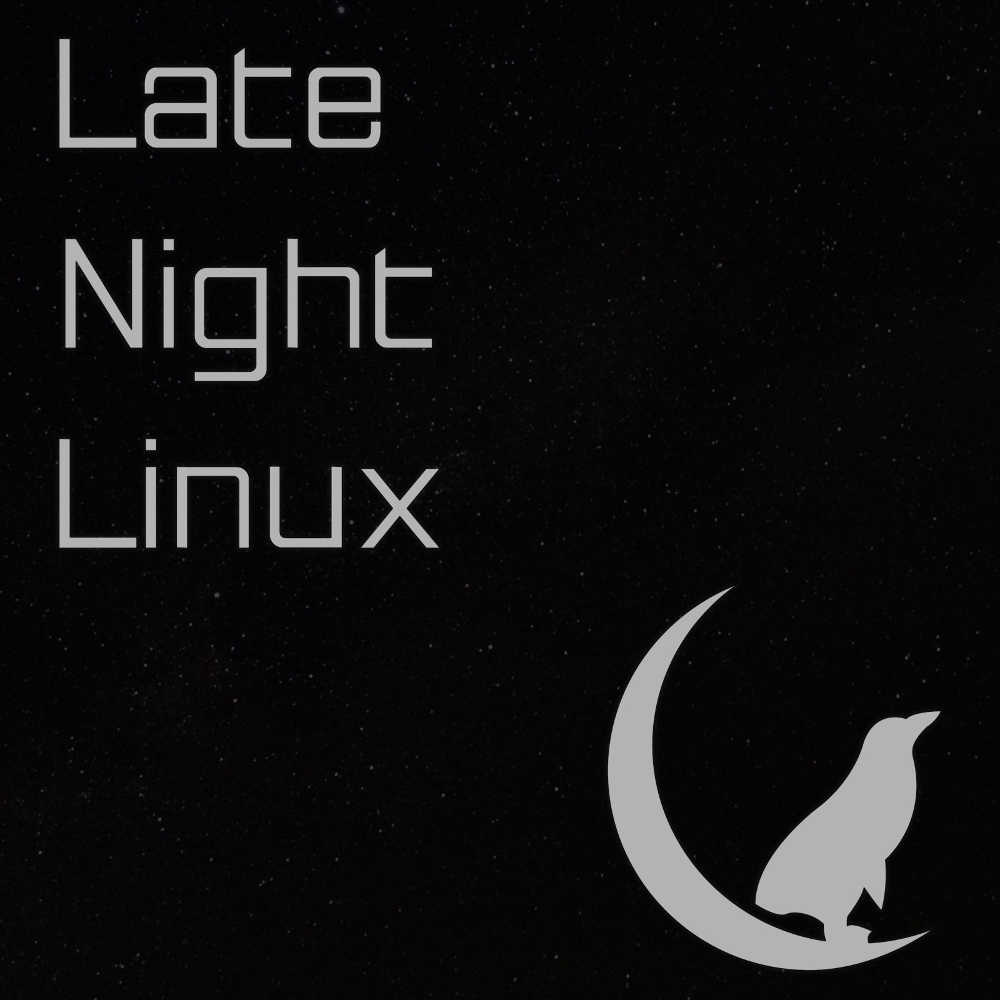
 Late Night Linux
Late Night Linux Late Night Linux – Episode 289
Jul 8, 2024
Discover an advanced hex editor for reverse engineering binaries, explore file restoration from snapshots, and learn how to stream audio from phones to Linux desktop. Dive into the world of interactive fiction games and managing tasks efficiently.
Chapters
Transcript
Episode notes
1 2 3 4 5
Intro
00:00 • 2min
Complex Hex Editor and Samba VFS Implementation
02:29 • 4min
File Restoration from Snapshots and Bluetooth Audio Streaming to Linux Desktop
06:06 • 3min
Exploring Bluetooth Connectivity and Multi-Device Usage Potential
09:15 • 2min
Exploring Retro Gaming and Interactive Fiction
11:36 • 13min

